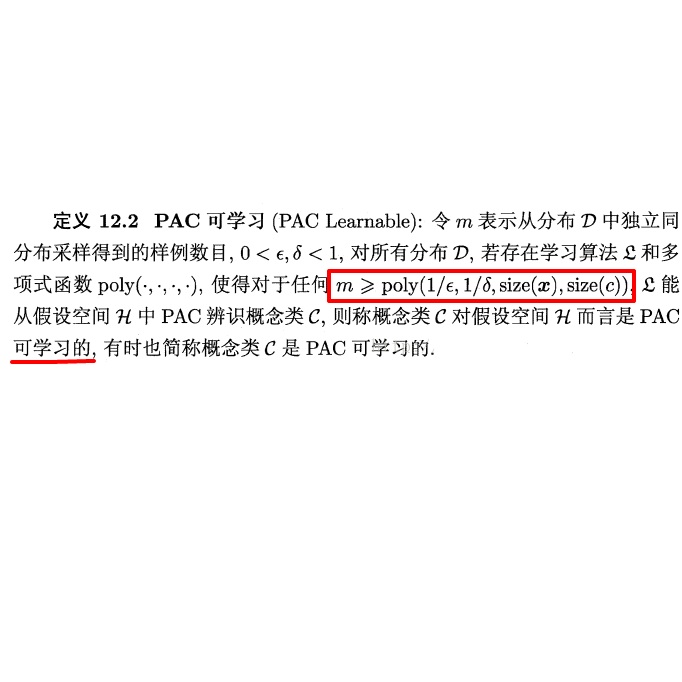We study PAC learnability and PAC stabilizability of Hedonic Games (HGs), i.e., efficiently inferring preferences or core-stable partitions from samples. We first expand the known learnability/stabilizability landscape for some of the most prominent HGs classes, providing results for Friends and Enemies Games, Bottom Responsive, and Anonymous HGs. Then, having a broader view in mind, we attempt to shed light on the structural properties leading to learnability/stabilizability, or lack thereof, for specific HGs classes. Along this path, we focus on the fully expressive Hedonic Coalition Nets representation of HGs. We identify two sets of conditions that lead to efficient learnability, and which encompass all of the known positive learnability results. On the side of stability, we reveal that, while the freedom of choosing an ad hoc adversarial distribution is the most obvious hurdle to achieving PAC stability, it is not the only one. First, we show a distribution independent necessary condition for PAC stability. Then, we focus on $\W$-games, where players have individual preferences over other players and evaluate coalitions based on the least preferred member. We prove that these games are PAC stabilizable under the class of bounded distributions, which assign positive probability mass to all coalitions. Finally, we discuss why such a result is not easily extendable to other HGs classes even in this promising scenario. Namely, we establish a purely computational property necessary for achieving PAC stability.
翻译:我们首先为一些最著名的HG类推广已知的学习/稳定环境,为朋友和敌人运动会、底层响应和匿名HG提供结果。然后,我们从更广泛的角度看,试图为特定的HG类阐明导致学习/稳定或缺乏稳定的结构属性。沿着这条道路,我们侧重于完全表达式的HG联盟网代表。我们确定两套导致高效学习的条件,其中包括所有已知的积极学习结果。在稳定方面,我们透露,选择临时对抗分布的自由是实现PAC稳定性的最明显障碍,但并不是唯一的最明显障碍。首先,我们为PAC稳定性展示一种独立的分布必要条件。随后,我们侧重于完全表达式的HGS网代表。我们找出两套导致高效学习和稳定的条件,其中包括所有已知的积极学习结果。在稳定方面,我们透露,选择临时对抗性分配的自由是实现PAC稳定性的最明显障碍。首先,我们为PAC稳定性展示了一种独立的分配必要条件。然后,我们以美元为最低比例的HAC级联盟代表,我们最终在这种稳定性等级中选择了一种我们所选择的固定性比例。



